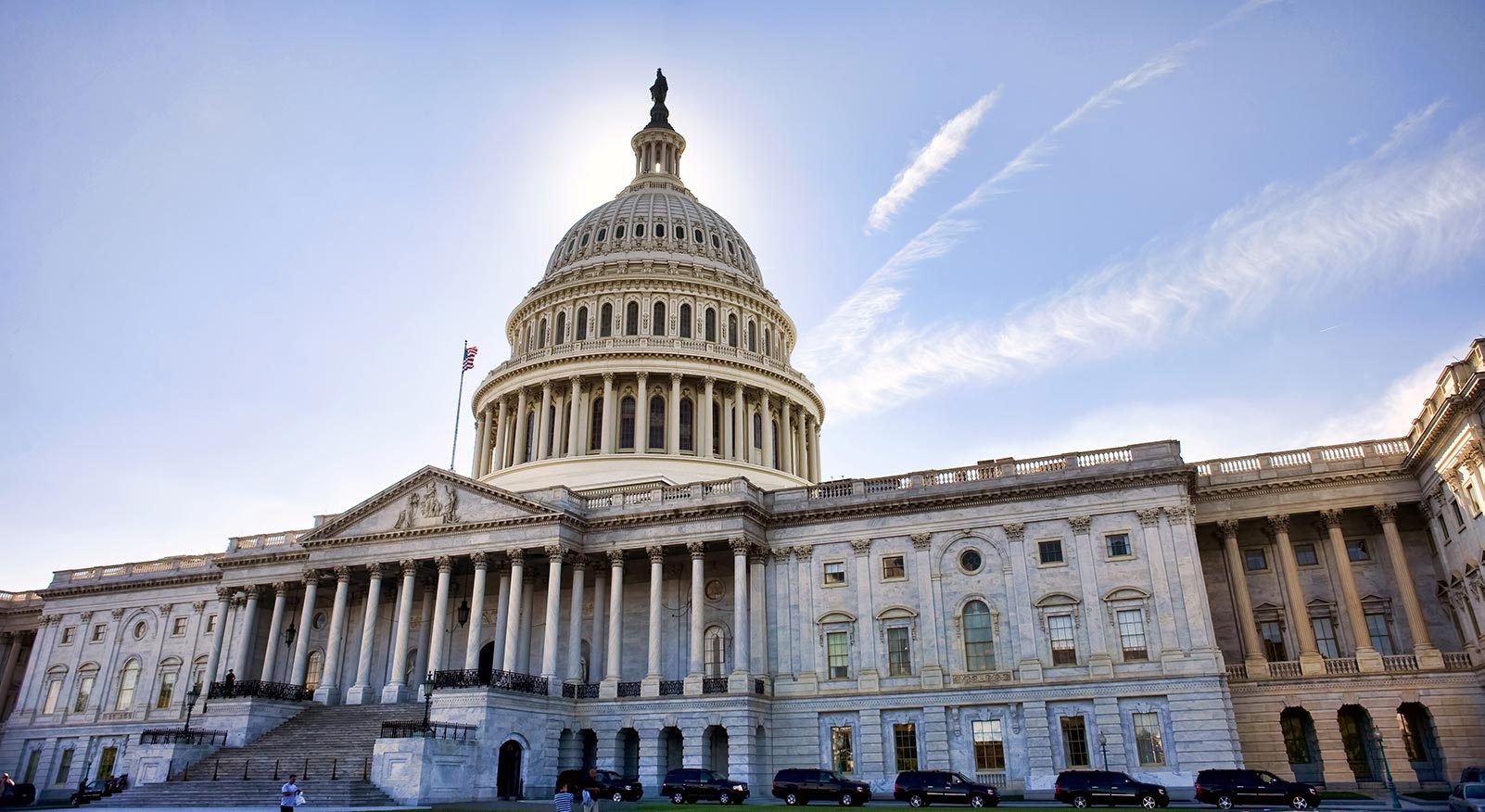
House Sends $2.2 Trillion Coronavirus Relief Bill to President’s Desk
March 27, 2020
Today, the U.S. House of Representatives passed H.R. 758, the Coronavirus Aid, Relief and Economic Security Act – or CARES Act – sending the legislation to the President’s desk for signature. The House action follows unanimous Senate passage of the legislation on March 25. President Trump has said he would sign the bill immediately.
The CARES Act, an historic $2.2 trillion economic relief and stimulus package, is aimed at helping individuals, workers, states and businesses respond to the economic and health crisis caused by the coronavirus pandemic. Relief is provided in the form of direct payments to individuals, loans for small and mid-sized companies, assistance for distressed industries, support for states, tax breaks, and enhanced unemployment compensation. The bill also addresses drug and device supply shortages and provides free coronavirus testing for patients. A detailed section-by-section analysis of the bill can be found here and a high-level summary can be found here. For information on previous COVID-19 congressional actions see backgrounder here. Many policymakers believe that a fourth-phase measure will also be needed.
The sweeping legislation contains a number of provisions of interest to our life sciences industry, including the following:
- New Small Business “Payment Protection Loans”
Loan amounts can be as high $10 million to cover payroll costs, mortgage interest, rent, utilities, and debt obligations that occurred before February 15, 2020. The program applies to companies with 500 employees or fewer. Loan forgiveness is provided under for loan amounts spent during an initial eight-week used to cover payroll costs, mortgage interest, rent, and utilities. The SBA has authorized lenders to process, close, and service loans without SBA approval. To learn more about and to access these SBA loans, contact your local lender.
- Economic Stabilization and Assistance
Provides $454 billion to be used by Treasury, working with the Federal Reserve, to provide loans and loan guarantees targeted specifically at nonprofit organizations and businesses between 500 and 10,000 employees, subject to additional loan criteria and obligations on the recipient, such as using funds to retain employees, restrictions on outsourcing or offshoring jobs, maintaining existing collective bargaining agreements, and remaining neutral on union organizing efforts. The funding will be subject to oversight by a newly created inspector general in the Department of Treasury as well as a newly created congressional oversight committee.
- Unemployment Compensation
Significantly boosts unemployment insurance benefits, expanding eligibility and offering workers an additional $600 a week for four months, on top of what state unemployment programs pay. Provides an additional 13 weeks of unemployment benefits through December 31, 2020 to help those who remain unemployed after weeks of state unemployment benefits are no longer available. The Act also provides funding to states with existing “short-time compensation” programs and financial incentives to states to create such programs. Short-time compensation programs are those where employers reduce employee hours rather than conducting layoffs.
- Tax Credits to Retain Employees
Employers of all sizes that face closure orders or suffer economic hardship due to the coronavirus crisis that continue to pay employees that are furloughed may be eligible for a 50% payroll credit on up to $10,000 of wages paid to those employees.
- Delays Payroll Tax Payments for Employers
Employers would be able to delay the payment of their 2020 payroll taxes until 2021 and 2022.
- Innovation
Provides $27 billion to the Biomedical Advanced Research and Development Authority (BARDA) to more easily partner with private sector on research and development, which includes helping to scale up manufacturing as appropriate, by removing the cap on other transaction authority (OTA) during a public health emergency.
- Device and Drug Shortages Reporting Requirements/Supply Chain
Requires National Academies report on America’s medical product supply chain security and dependence on critical drugs and devices that are sourced or manufactured outside the US. Prioritization of drug application review and inspections to prevent or mitigate a drug shortage. Additional manufacturer reporting requirements in response to drug shortages.
- Clinical Laboratories
Requires an insurer to pay laboratories conducting COVID-19 testing either the rate specified in a contract between the provider and the insurer, or, if there is no contract, a cash price posted by the provider. Prevents scheduled reductions in Medicare payments in 2021. Delays by one year the upcoming reporting period during which laboratories are required to report private payer data.
- Other Funding
- $100 billion for hospitals
- $945 million to the NIH for COVID-19 research
- $415 million for military medical research and development of vaccines and antiviral pharmaceuticals
- $150 billion to States, Territories, and Tribal governments
Additional information on the CARES Act can be found at the links below:
BioUtah values the input and efforts of our life sciences community as we continue work together to get through this unprecedented time. Visit our BioUtah COVID-19 webpage to stay updated and connected to coronavirus news and resources.